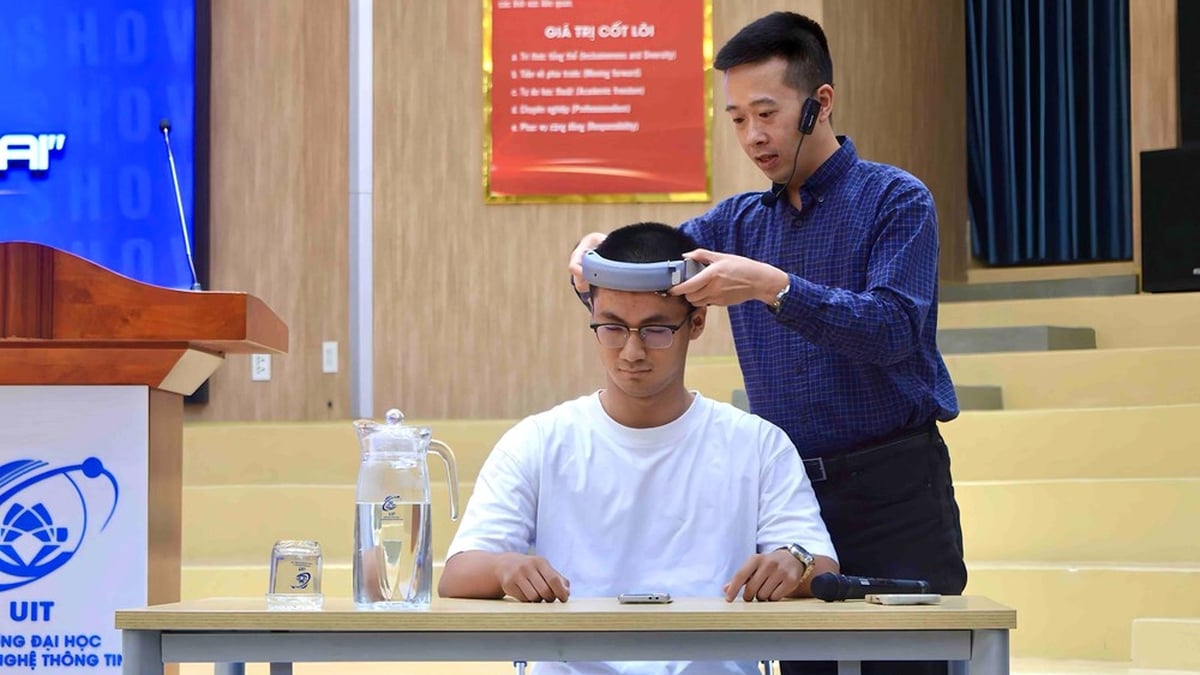Coffee contains caffeine to help you feel refreshed and alert, but long-term or excessive use will inhibit the sleep-inducing adenosine receptor, causing the body to suffer from chronic sleep deprivation.
Professor Richard Alan Friedman, director of the Payne Whitney psychiatric clinic, told of a 32-year-old patient who fell asleep at a red light and was pulled over by police on suspicion of driving under the influence of alcohol or drugs. But in fact, the man was chronically sleep deprived. Work pressure meant he tried to sleep only five hours a night, instead of the recommended seven to nine. To keep himself alert, focused and energized, he consumed six cups of coffee a day.
A cup of coffee (236 ml) provides about 100 mg of caffeine. Consuming 400-500 mg of caffeine per day is considered safe, while levels of 1,200 or more will lead to toxicity, with symptoms such as seizures or heart arrhythmia. As the patient above did not know, his brain was severely sleep deprived. The temporary feeling of alertness was just a trick of the caffeine. In fact, no drug, including caffeine, can effectively reverse sleep deprivation.
There is a substance in the brain called adenosine that plays a major role in regulating sleep. Adenosine levels are lowest in the morning when we first wake up, and gradually increase during the day to create pressure that makes the body need to sleep at night. Adenosine is removed from the brain during sleep, helping us to feel alert when we wake up. Caffeine is a powerful antagonist of adenosine receptors, blocking the sedative effect, making you feel excited and alert.
The problem is that when you cut back on sleep, adenosine isn’t completely cleared from your brain. The more sleep you lose, the more adenosine remains in your brain, leading to feelings of fatigue, persistent sleepiness, and impaired cognitive function.
The brain tries to deal with this by increasing the number of adenosine receptors, which makes you feel tired and sleepy. However, instead of going to sleep, you drink more coffee, not knowing that only enough sleep can prevent the increase of adenosine.
Lack of sleep not only makes you tired, it also impairs your brain's ability to consolidate memories. Lack of sleep can also cause irritability and lack of emotional control in healthy people and worsen depression and anxiety disorders in people with mental health problems.

Black coffee contains caffeine to help you stay awake. Photo: Freepik
How to keep coffee from affecting sleep
According to research by the US Food and Drug Administration (FDA), the half-life (the time it takes for the body to metabolize 50% of the consumed caffeine) is usually around 4-6 hours. An adult should not drink more than 4-5 cups of coffee a day. For those who are sensitive to coffee, this number may need to be less and should consult a doctor if necessary.
In addition, drinking coffee all day will make it difficult for you to sleep, even neutralize the sedative. The best way is to drink coffee in the morning and avoid using it after lunch. Some people have the problem of slow caffeine metabolism due to genetics, can have trouble sleeping even when drinking coffee early in the morning, so they should switch to drinking tea.
The truth is that you can't use caffeine to fight off sleepiness for the rest of your life because the adenosine residue that builds up in your brain will cause you to crash.
"When that happens, don't panic and rush to take sleeping pills, let your brain rest naturally," advises Professor Friedman.
Gia Khanh (According to Washington Post )
Source link




































































































Comment (0)